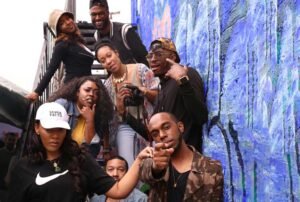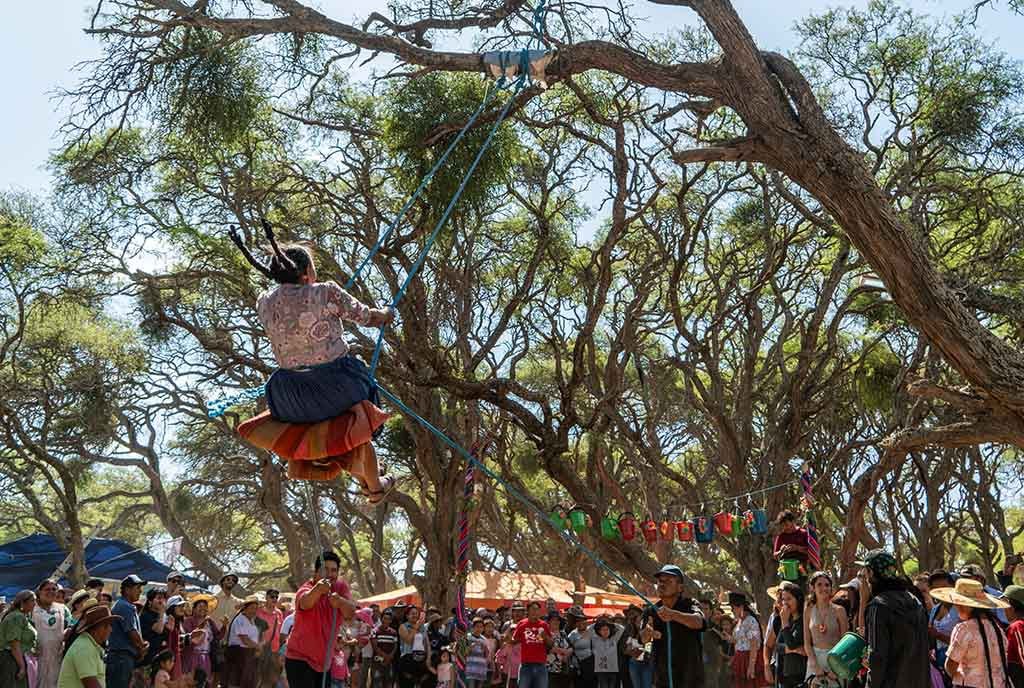
May 21, 2018; Crosscut
It is no revelation that nonprofits often take on the characteristics of the fields from which they emerge. Sometimes, the resemblance can be almost cartoonish—as in the conflict resolution center that’s always in conflict. (You know what we’re talking about.) So, this story should not come as any surprise.
Creativity as a strategic characteristic has brought together 180 cities, each placing cultural factors as a keystone component of local civic development planning. These cities are part of what’s known as the UNESCO Creative Cities Network (UCCN), with each focused on either literature, music, film, design, gastronomy, or media arts.
Of the 28 cities of literature around the world, only two are in the United States: Iowa City, home of the Iowa Writers’ Workshop, and, as of late 2017, Seattle. Seattle took a convoluted pathway to reaching the point of acceptance, according to a recent article in Crosscut, a local independent news source. This process included forming a new nonprofit (Seattle City of Literature), developing a volunteer board of directors, acquiring the appropriated city approval—and hiring an executive director, who managed to get himself into a public fracas in the great literary tradition of making small disagreements into large blood feuds:
[Ryan] Boudinot was the executive director of a promising new nonprofit called Seattle City of Literature. City of Literature, a program funded by UNESCO, exists to create an international network of cities whose focus is literature.
As part a city bidding to be part of the City of Lit program, a bid which the City Council endorsed, Ryan and managing editor Rebecca Brinson traveled to China and generally started making cool plans. A lot of work was done, a ton of impressive people were on the board, and Seattle was on its way toward being a bigger international player in literature.
Until Boudinot wrote The Article and, to some degree, until the Stranger’s leadership—chiefly, Editor-in-Chief Christopher Frizzelle—backed him and his opinions, ruthlessly.
Sign up for our free newsletters
Subscribe to NPQ's newsletters to have our top stories delivered directly to your inbox.
By signing up, you agree to our privacy policy and terms of use, and to receive messages from NPQ and our partners.
This resulted in Boudinot’s alienation from the portion of the literary community who cared.
What we appreciate about this story is the degree to which it represents what we see a lot in Nonprofitland—that is, that the culture of a nonprofit can often reflect in unexpected ways the cultures of communities or fields of practice. According to this article, Boudinot soon went down, followed by the board, and the 2015 bid to become the City of Literature.
Still, as we all know, after doing something for years and surviving, chances are that you can survive it again. The group reorganized and were successful, but then ran headlong into federal and local politics; the mayoral position was in transition and Trump announced his intention to withdraw from UNESCO. Drama, drama, drama…but after all, we are talking about literature, so why not a little tension and a few plot twists?
In the end, Seattle’s status was confirmed. Then began the real discussions on “what a ‘city of literature’ should look like.” International city partners such as Edinburgh are undertaking exciting initiatives like projecting short story excerpts onto a downtown building each day for a month. Tree Swenson, a key player in the application process, dreams of the day when “Seattle will be known worldwide as a place for tech AND literature.” The current Seattle City of Literature board president, Stesha Brandon, speaks of ideas like “engaging people with literature…on the sidewalks, at markets.”
However, the focus will not be only on literary events. As a member of UNESCO, there are a number of other goals to be considered: reduced inequalities, peace and justice, good health and wellbeing, and life below water are all among the Sustainable Development Goals. With these in mind, it becomes important to develop a city that is both thriving and affordable.
In 2015, Seattle City of Literature helped create the position of Seattle Civic Poet. Other considerations for immediate next steps include building a more diverse board and working with the literary community of Seattle to establish priorities. The current Seattle Civic Poet, Anastacia Renée, sums up what many feel is a most important next step: to “fully include the voices of marginalized writers in Seattle” in the planning.—Jeanne Allen and Ruth McCambridge













